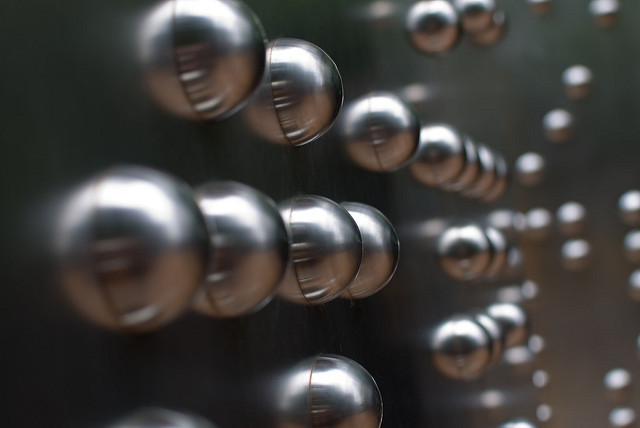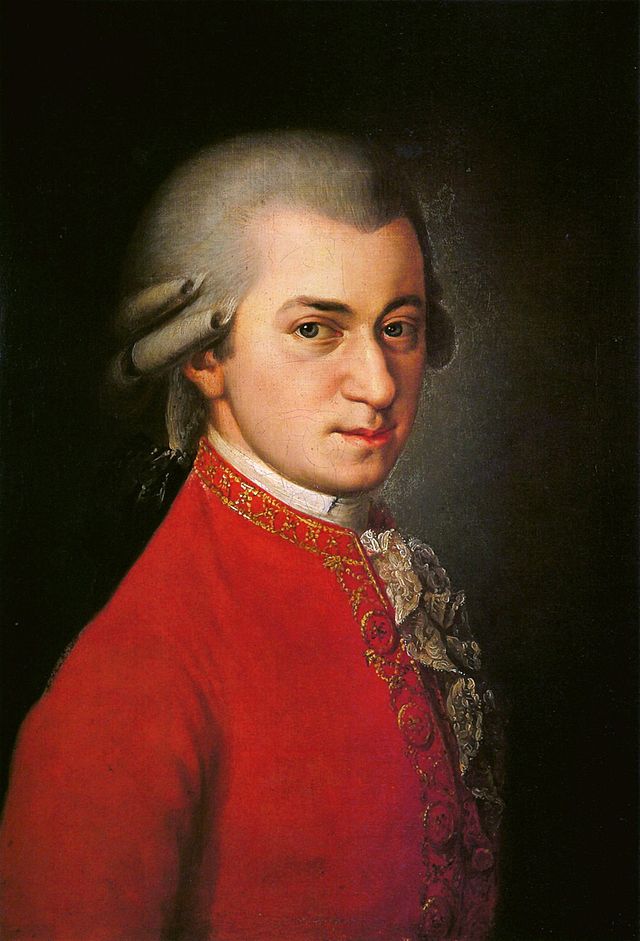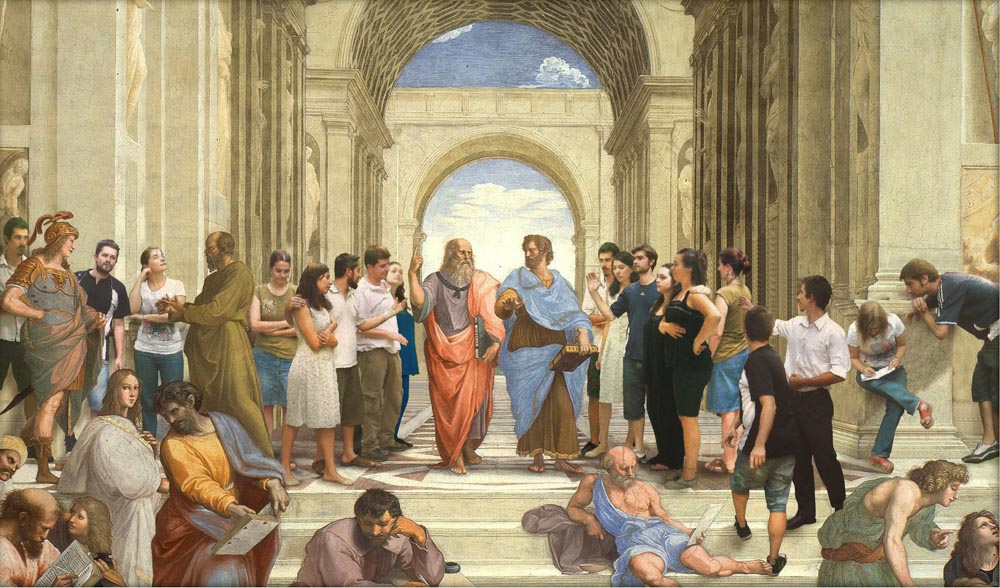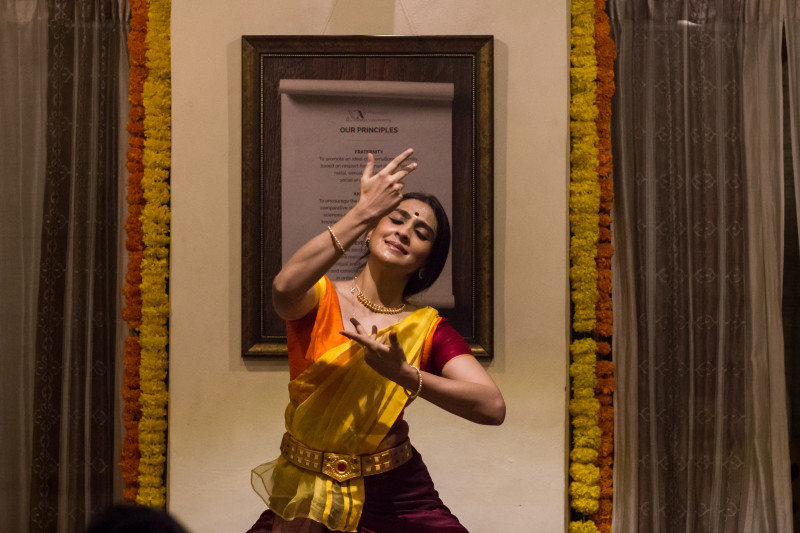Reflections on the Metaphysics of Music with Shubha Mudgal
Article By Manjula Nanavati
 “When the soul hears music, it drops its best guard.” – Socrates
“When the soul hears music, it drops its best guard.” – Socrates
Music is perhaps the most philosophically puzzling of all the arts. Unlike painting or sculpture it does not culminate in a physical object. Unlike literature and drama, instrumental music has no semantic value. Yet every tune, melody, theme, raga or symphony is steeped in metaphysical meaning.
Music has a tremendous ability to evoke emotion – joy, sadness, exhilaration, reverence, courage, patriotism et al. Its power to heal has been irrefutably documented, and music can be one of the most effective entrance points to meditative and sacred experiences. Cicero claimed that music could return man to paradise lost and that it was a communion with Divine Truth.
One of the highest attestations to the power of the arts’ ability to touch the human spirit comes from the Nazi Concentration camps. Many of the inmates braved torture and sacrificed essential elements of survival in order to produce music, poetry and visual art. Why? Perhaps the answer is that art is part of the animating spirit, the vital spark of life. It is an insistent articulation of who we are. It is one of the ways we express ideas when words fail us. It is one of the ways we make sense of a senseless world, and express our humanness.
In an effort to understand some of the elements related to the metaphysics of music, The Acropolitan Magazine spoke to renowned singer, composer and recipient of the Govt. of India Padma Shri award, Shubha Mudgal.
Shubha ji has achieved excellence in numerous spheres; as a singer, composer, teacher, music director, and activist. She continues to play a prominent role in music education (in India and internationally), as well as its preservation. Beautiful, charming and articulate, she speaks unhesitatingly, with a soft-spoken humility and a musical cadence that betrays her affinity to music. In spite of a long list of awards in diverse fields, her first reaction when we proposed the interview was characteristic of her innate unpretentiousness: “This is a terrifying prospect. What can I possibly say of relevance to students of philosophy?”
Yet her every answer was redolent of a very reasoned and principled outlook, underpinned by the ceaseless and exacting philosophical search for Beauty, Truth, and Justice. I could not help but draw a parallel between her journey towards a search for perfection in the field of music, and a philosopher’s journey on the discipular path to unveil Truth, and the mysteries of life. Here are excerpts from our conversation, as well as reflections that went through my mind, as Shubha ji poured out her thoughts.
THE ACROPOLITAN: Interestingly, Plato said that he would control the modes of music of a city rather than its laws, because music has a more decisive effect on the formation of the character of its citizens. Would you agree that music could stir or change you to this extent?
Shubha ji: It can, and it has. And there is plenty of historical evidence of that. But I would like to add that it’s not just music, but art and culture as a whole that can impact people in ways that we haven’t even discovered yet. I think that’s what the arts do, they move you in the strangest ways and that’s why art need not always be entertaining or pleasant. It can sometimes be deeply disturbing. Various forms of art have that quality of being delightfully dangerous! I would love to be challenged by this kind of expression, because challenge is valuable.
Therefore, I really feel music education needs to be re-looked at in our country. I think a vibrant arts education program is very necessary even more so today with the kind of anarchic violence we are seeing. I think art and culture can play a huge role in sensitizing people. Art has a liberating quality that we must share with successive generations. I don’t like the word ‘teach’ because it implies a certain condescension, as if you already know it all. Whereas art always tell you there’s more to learn. I think it’s supremely important to create an educational curriculum that showcases the concepts behind music, dance, theatre, photography art, sculpture and every artistic endeavor. The tragedy of today is that all our teaching is geared to make performers. At the same time we know that even from among the most talented people who come to learn there will be very few with the strange and unique chemistry of a performer. Why do we want millions of kids to be pushed into dancing Bharatanatyam or Kathak, or playing the sitar or tabla? On the other hand it would be lovely if they knew how or what to appreciate in all these fields. Understanding Art, respecting its diversity and its liberating quality on a conceptual level, rather than trying to perform it, would be much more inclusive and add much more value to society as a whole.
Reflection: Life is perpetually moving, flowing; by overcoming opposition she grows and evolves. Usually we resist challenges since they push us beyond the boundaries of our comfort zones, into the fearsome unknowns, the realm of our latent potential. Each obstacle is therefore, but a valuable opportunity for growth, and in facing and conquering them lies our self-development. That art might stir us, disturb our conditioned beliefs, and invite us to reassess reality, makes its role vital for humanity. “The arts are not a way to make a living. They are a very human way of making life bearable…a way to make your soul grow.” – Kurt Vonnegut Jr.
TA: You teach in classrooms, do personal coaching and are working on setting up online tutorials. What would you say is the authentic way to pass on this cultural legacy?
Shubha ji: I don’t think there’s only one way and I feel that each set of people concerned with this issue should keep trying in their own ways, all of which I think are valid. At the same time I feel that review must be an integral part of this process; a brutal and honest review, because every system has some strengths and some limitations and we need to recognize and overcome the limitations so that we can strengthen what is already strong.
Reflection: There are many paths to approaching Wisdom, and each belief system has validity. Yet for a philosopher a particular path remains valid only as long as it continues to aid his progress towards the goal of Truth. The path is but a medium,in the roopa (the physical, manifest world) that acts as a bridge to the aroopa (the invisible and infinite), and so by definition it will have limitations. When the form ceases to serve the essence, it is necessary that the form be adapted. Since each path reveals only a slice of the mysteries of Truth, a seeker cannot get attached to the path itself. Instead he must embrace the diversity, discern the essential from each expression, to refine his perception, never losing sight of the unchanging Truth.
TA: Aside from the technicalities of pitch, tone, time, and expression, there is what the Indian coda refers to as ‘the grace of the Guru’. There is the guru-shishya parampara where you tap into a whole accumulation of wisdom through an unbroken chain of the tradition comprising your Guru, his teacher and his teacher’s teacher. How do you feel about that?
Shubha ji: The connection with the guru is a very complicated one. It’s actually perhaps the only relationship other than your maternal family, spousal family or a lover’s relationship, where you choose to live together so closely. You are expected to spend a lot of time with your guru, and in a sense you face the same problems and situations that you face in a family. Rebellion happens in every generation with every set of parents and children, and it’s the same in the guru–shishya relationship also. You are part of the guru’s family and yet… are you really? So it’s a very complicated relationship that can sour at any moment, and historically has often done so.
I have been fortunate to have had brilliant and eminent musicians as my gurus. Some of them actually allowed me the luxury of arguing with them, but with some of them, I did not have the courage to say a word. This relationship can be a really dynamic or damning one, to the point that it continues to exist even when they’ve passed on. The only woman I learnt from was Srimati Naina Devi. I could confide in her, argue with her and though it’s been years since she’s been gone, I can still hear her voice, I can still hear her laughing at something or giving me dressing down. And of course they help you find your own voice, and I’m speaking literally and metaphorically, but just not as quickly as you may think you have found it. But I believe that despite the problems that arise, you’re very very lucky to find that kind of relationship in your lifetime.
In spending so much time together, there is an internalizing, of the content, of the form, of the system, so intensely that it becomes intuitive for you. And I think this connect that comes from this whole process of transmitting knowledge becomes sacred. They have given you a part of something that they have carried within their own selves, and I deeply revere what they gave me.
Reflection: The difference between a ‘biological father’ and a ‘spiritual father’ is that the former is a part of the circumstances that life presents to you. But the latter is consciously sought, because you see some light, the inspiration of example, the hope of your own higher potential, which you recognize and resonate with.
A true guru will simply hold up a mirror; reflecting to you the traps, habits and conditioning that we unknowingly fall into, that block us from perceiving the real. He pushes his disciples to break free from their self-imposed limits. He empowers them with his own experience, awakening tools that enable them to walk their own path independently. But it takes a sincere teacher to inculcate, not blind belief, but a forum for an investigative self-discovery. A guru can only show you the path, and lead by example. But it is the disciple, who must traverse the path, by participating of his own will in the unstinting effort to actualize his true potential. Ultimately, the disciple must dare to embark on this voyage himself.
TA: Do you think this system can work, today?
Shubha ji: My husband Aneesh Pradhan, and I teach many students on a one-on-one basis. What we decided long ago was that as far as possible we would conduct classes just the way we had learnt. The homes of our gurus were kept open for us. And we try to share in the same manner what our gurus shared with us. We try and customize the training for each person because that’s the hallmark of this entire system. This is why you need that kind of exposure to each other. It is called seena baseena which literally means ‘chest to chest’, so close must be the bond, because you’re transmitting knowledge and personalizing the training of that particular student depending on exactly what is required. And I think that’s the greatest strength of the guru-shishya system, which is just not possible in a classroom.
Reflection: Each philosopher is presently at a different stage in the evolution of his consciousness. Therefore, there cannot be a single set of instructions to generically apply to all. So it is crucial for the disciple’s effective advancement that the master is able to extract and transmit exactly what he needs, at exactly the point that he is ready to take a leap forward. Perhaps this is why Life, in her divine justice, gives to each human being a set of unique circumstances, such that each person is given the opportunity to encounter the challenges that he is ready to face and overcome, in order to progress to the next stage of his evolutionary journey.
TA: Is there any one particular quality you look for in a student?
Shubha ji: I think it’s very important for a musician to become a good listener. And by that I mean listening not only to music, but listening in other ways too. If you’re not listening to what is happening around you, you’re in an ivory tower, detached from life, how can you be a great artist? If you’re not listening to other people and you’re saying, “Listen to my voice alone,” you’re a dictator in the making! You may choose to isolate yourself for your work, but without that connect with life, if you’re not listening to life, what’s the point of calling yourself an artist? All my gurus (who perhaps would not agree with every belief I hold) all of them said, “Listen, listen, listen.” And not just to people from your own circle, or your own gharana, or disciples of your own teacher, but to everybody, because life is all around you and life will teach you.
Reflection: For a philosopher, an attitude of wonder is his greatest tool; the ability to listen, receive, and learn at every moment from the greatest teacher of all: Life. Nature is an open book; we must learn to read her language, to discover her mysteries. We must work with her principles, connect with her wisdom, and harmonize with her laws.
TA: The ancient Greeks believed that music was an expression of man’s yearning to participate in the harmony of the “music of the spheres”. By participating in this heavenly harmony, music could induce spiritual harmony of the soul. As a composer or singer, do you tap into this spiritual space?
Shubha ji: Certainly. There is one very important aspect of bhakti, which is not about ritual, but about surrender. It is when you realize that this is what you’re committed to, whether it is in the form of worshipping a particular deity or a system of prayer. In the same way there is surrender in music also. When we say we are madly in love with music, it is that sense of surrender. However spiritual, philosophical and connected with very deep profound thinking that music can be, it can also be overwhelming or distressing, creating a sense of restlessness. For me, it helps to have the steady drone of the tanpura, which acts as a gateway that allows me to enter a certain space that is really…beautiful. But I’m unable to do it very often, in spite of really trying, because sincerity of effort alone is not enough. This perfect harmony, of being in tune with life and nature is certainly a goal, but it happens rarely, and neither should you con yourself into believing that it is happening.
Reflection: Many traditions speak of ‘theophanic kidnapping’ – a mystical experience akin to a ‘spiritual kidnap’, where just for a moment your consciousness is elevated to a place you have not conquered as yet. The memory you retain of that serenity propels you to pursue a search to regain that ephemeral occurrence. It becomes a compass to guide you through the quotidian work that must be done to achieve the authentic goal, to avoid the danger of fantasizing, and to be able to discriminate between the temporary and the eternal.
TA: With regard to the trend of fusion music – do you think we are losing the potent characteristics of each genre or do you feel that new forms add vibrancy to the language?
Shubha ji: Even a river develops tributaries and changes its course over time. So how can art forms remain static? It’s just not possible for art forms to remain unchanged or untouched. Fusion is not a new trend, it has happened in various ways over decades and centuries. For a form to be alive today it would have had to change with time. So there is no form that we are performing today for which we can say this is exactly how it was done 5000 years ago. Everything you listen to affects you and I think engagements with other forms and disciplines can be enriching, and the experiments, whether I like them or not, are valid as long as it is done respectfully. The real problem occurs when you bring ego into it, and say “I am doing this very special thing that no-one has done before.”
TA: On the other hand, as a performer, do you not need a sense of total belief in yourself to fuel the performance?
Shubha ji: When you perform in front of thousands of people and bare your soul, then you need to be secure in what you’re doing. So yes a sense of belief and confidence and maybe a little bit of ego also creeps in. But afterwards, the minute you get off that stage, you must be able to put your ego in a box, and put a lock on it. You need to be able to accept that you may have made some mistakes, because after all, art is all about looking for perfection, never finding it. And acknowledging that you will never find it because as human beings we haven’t been built for perfection.
TA: Constantly aspiring for perfection while knowing you will never reach there could be an inspiration to excellence for some, but couldn’t it also make you resigned to failure?
Shubha ji: Yes, often it can bring you down. You have to accept that you have limitations. You have to accept that finally we’re all aging – your voice and your mind. But I feel that it can help your art in many ways to know that these are my limitations, and yet to keep working on your art despite that. Perhaps, rather than looking for the pyrotechnics that you did with your voice when you were 20, you now look for wisdom, and maturity and change to liberate your performance. So I love the wisdom in the voices of senior singers and I love the whole idea of journeying down a path with music as a companion, feeling boxed in at times and pursuing the answers that will liberate you.
Reflection: Every spiritual tradition maintains that we are all progressing towards Unity, Perfection, Nirvana; that it is our destiny to finally arrive there, although it is a goal far beyond our reach today. However, perhaps our glory lies in the recognition that every challenge faced, and every obstacle overcome, is one step further down the path, one step closer to our destiny. That Perfection is so far, cannot deter us from our militant march towards it.
TA: This is of course an echo to the philosophical question we all face, of constantly aspiring towards a higher aspect of ourselves, and not losing heart. What is the inspiration you hold on to?
Shubha ji: For me it is the connection with music itself. There is nothing else that I would rather be devoting my life to. There is nothing else that draws me so strongly, and it is the very ups and downs that together create that dynamic tension that is so necessary to life. Without that we would be mechanical robots delivering music, absent the opportunity for personal growth.
I have been through moments of, I won’t call it loneliness, but of discouragement, a feeling of this-is-not-going-the-way-I-want-it-to. But this too is ego isn’t it? That’s why in a sense I don’t like to set definite goals that are about my achieving this or that.
I really feel you just have to keep journeying on the path. I have already discovered this is what I want to do, in my own limited way with my own limited resources. So whether the record labels or event companies are going to call me or not, makes absolutely no difference. Awards are reassuring; they are a pat on the back. But if I didn’t get them would I stop? Never. Nothing could stop my traversing this path. I have to. I want to. I must.
Reflection: It is a law that every action, must yield a reaction – and hence we will necessarily bear the fruits of our actions – at the just moment, in just measure. However, let the fruits be a consequence, not the drive of our actions.
Image Credits: By Suyash Dwivedi | Wikimedia Commons | CC BY-SA 4.0
The entity posting this article assumes the responsibility that images used in this article have the requisite permissionsImage References
By Suyash Dwivedi | Wikimedia Commons | CC BY-SA 4.0
Permissions required for the publishing of this article have been obtained




What do you think?